Refine
Date Range Clear
Recorded by Clear
Keywords Clear
Partnerships Clear
- No matching terms.
Organizations Clear
- American Geophysical Union 82
- NASA 20
- AGU 12
- National Aeronautics and Space Administration 9
- The American Geophysical Union 5
- 20 more
Places Clear
Languages Clear
Initiatives Clear
- No matching terms.
Gael Cascioli is a planetary scientist at NASA’s Goddard Space Flight Center where he focuses on planetary geodesy — the measuring of the gravity field and shape of a planet — and is working on the upcoming VERITAS mission which,...
Priya Ghosh is an astrophysicist, nuclear engineer, and a postdoctoral researcher at NASA Goddard Space Flight Center. There she builds and develops radiation detectors to detect neutrons and gamma rays, and also studies and analyzes cosmic ray data to better...
Julia DeMarines is a graduate student at the University of California at Berkeley in the Earth and Planetary Science department, an educator at the Mentoring Academy, a National Geographic Explorer, and a science communicator who runs a space comedy event...
For the last 14 years, Gari Mayberry has put her volcanology background to work as a disaster response coordinator at USAID. Disasters come in many shapes and sizes so that specialty is a start, but often Gari finds herself connecting...
Linda Geiser and Peter Nelson tell their own stories and reflect on the impact they’ve had on each other lives. They’re both currently with the US Forest Service but first met when Linda hired Peter after he finished university to...
Ana Jeleapov studies landscape geography and hydrology at the Institute of Ecology and Geography in Moldova. She and a small team of scientists are trying to decrease flooding in Moldova. “Floods are a natural phenomenon” with sometimes deadly impact on...
Amber Soja’s career is on fire. The resident at NASA’s Langley Research Center studies fire regimes and how they are being affected by climate change. “Every fire season is worse,” she says, adding that the changing fire regime is proof...
Michael Meyer, NASA's Chief Scientist for the Mars Exploration Program, talks about his life and work in science. As a teenager working as a deckhand on a treasure diving boat in Florida, he was hired to replace some fired divers...
Sarah Vines and Robert Allen once drove twenty hours to see a spaceship launch. Now, Sarah and Robert are married, post-doctoral students working in the laboratories of Johns Hopkins University. Sarah researches how magnetic fields form, and what earth’s magnetic...
With experiences from Azerbaijan, India and the United States, three scientists discuss how they’ve shared their passion for science in society and data transparency from generation to generation. They hope future generations continue to use data to help people withstand...
Dr. Claire Parkinson, senior scientist at NASA's Goddard Space Flight Center since 1978, discusses using satellite data to monitor sea ice in the Arctic and Antarctic and serving as project scientist for the NASA satellite Aqua, which makes measurements of...
There’s a bit of a culture change moving from Ohio to New Hampshire, which Melanie Perello, Ph.D. candidate at Indiana University, did as part of her studies. Would you be surprised that going from either to Tibet to study paleoclimate...
Why do people feel they way they do about issues? Why do lawmakers and policy leaders seemingly act against their better interests? And how can information be developed in a way that leads not just to greater understanding, but to...
Anne Quidez interviews her father, Bernardo Quidez, about his career and research over the years. They talk about how science and data analysis have changed, becoming more accessible to students, and about Bernardo’s experiences in working for the government to...
George Huffman calls himself a classic weather person, in part because by the fourth grade in North Central Ohio, he already was excited about the prospect that you could make a job studying weather. At the NASA Goddard Space Flight...
Environmental chemist Marc Kramer, Washington State University, has spent an inordinate amount of time talking and climate and weather in the rural parts of your nation. As he says in this interview, “there isn’t a single farmer who isn't interested...
A conversation between student and professor, this discussion reveals the subtle dynamics between good friends, even when they outwardly seem to be very similar. Lee Slater met Andrew Binley when the former asked the latter for a job at Lancaster...
Kiya Riverman ended up studying glaciers because, on a field work trip, she was one of the few who could fit the ice cave in the glacier. She recalls, “you're surrounded by glaciers and then sometimes you're underneath glaciers. And...
Alex Young has a great finger on the weather. But the Associate Director for Science in the Heliophysics Science Division at NASA's Goddard Space Flight Center’s attention is focused far higher than any storm cloud. He studies space weather and...
Growing up in Chicago, Gary Jedlovec dreamed of running his own weather station and becoming the next great TV weather forecaster. However, that all changed when he discovered meteorological research. Now well into his career as the Chief of the...
Sabrina Savage builds instrumentation for solar physics and studies solar flares at NASA’s Marshall Space Flight Center. The technology she helps create delivers the most high-resolution pictures of the sun anyone has ever seen. In a society more dependent upon...
From a childhood filled with archeology lessons from his dad, to graduate studies measuring gases from active volcanoes, and then designing early warning systems to detect volcanic activity, Dr. Florian Schwandner's life goal has been to make a difference in...
Paul Stackhouse is a sun chaser, but in his case it means measuring the surface radiation budget. This means figuring out how much sunlight gets to the surface of the planet, and takes a deep understanding of factors like cloud...
AGU Virtual Poster Showcase Winner Interview of Prudence Crawmer, studying Environmental Studies and Geography, at Pikes Peak Community College
Dr. Jim Green has spent 38 years of his life working at NASA. He started there with a fresh Ph.D. in Earth magnetospheric science and helped pioneer the magnetosphere research group at Marshall Space Flight Center. He spent 12 years...

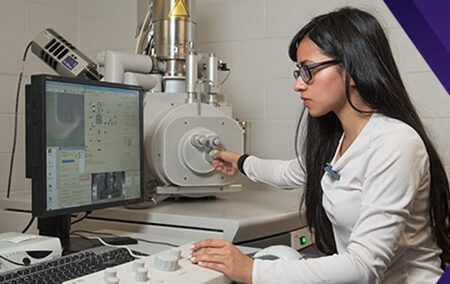
![“I'm proud my…perseverance of curiosity has gotten me to be [with] people who talk about life in the universe.” Interview w/ Julia DeMarines](https://archive.storycorps.org/uploads/2023/12/65835f3c1a41a__DeMarines_headshot-450x450.jpg)
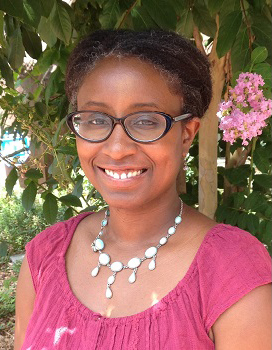
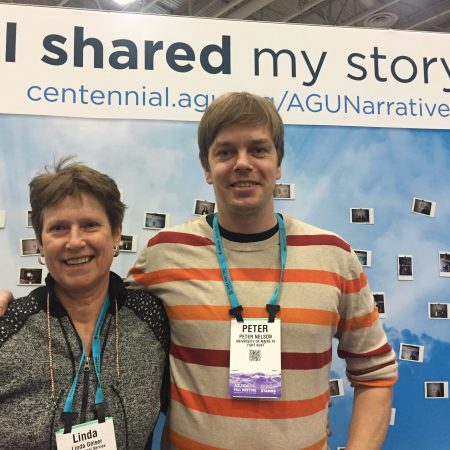
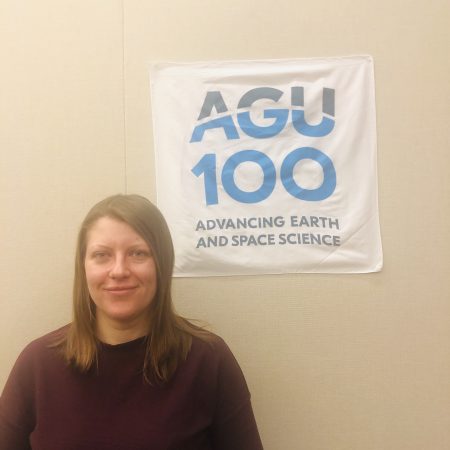

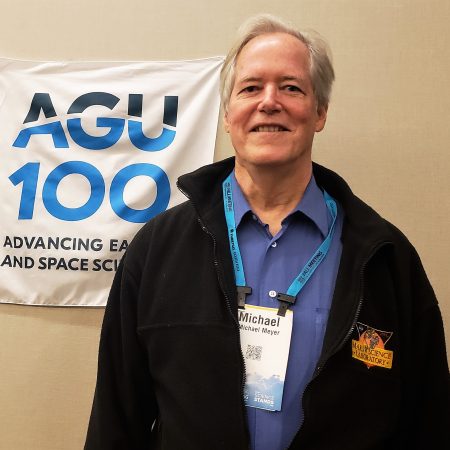
!["[Science] lets us imagine things we hadn't thought possible." an interview with Sarah Vines and Robert Allen](https://archive.storycorps.org/uploads/2019/07/Sarah-Vines-w-Robert-Allen.jpg)
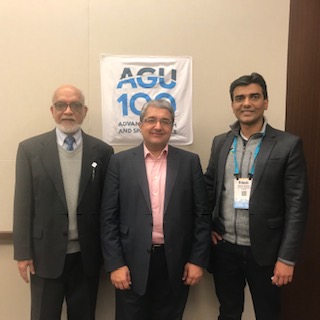

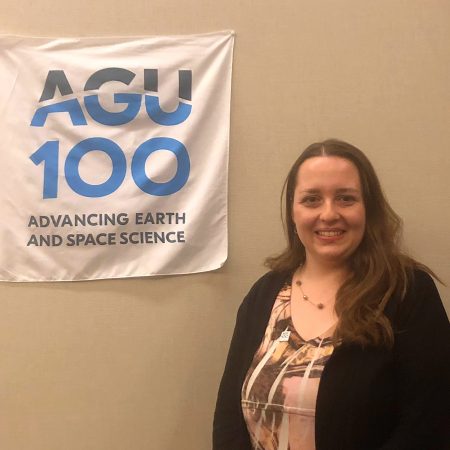

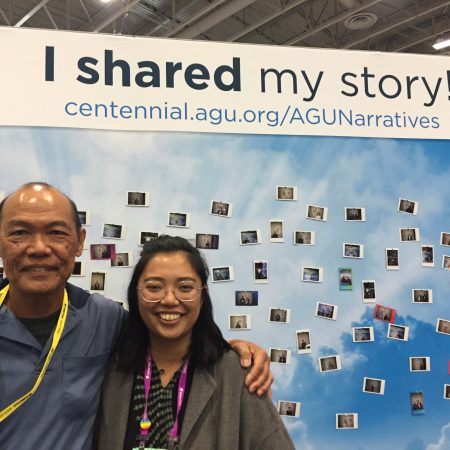
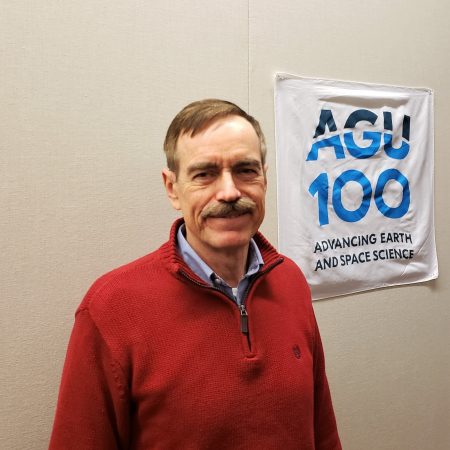
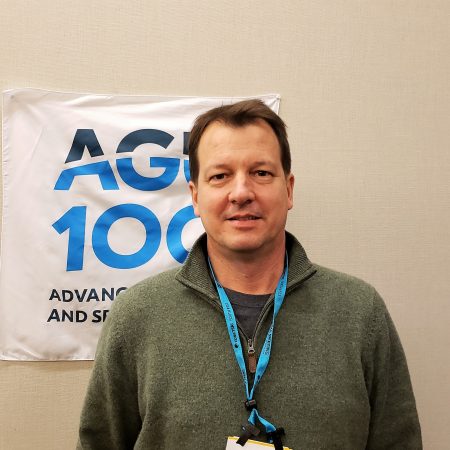
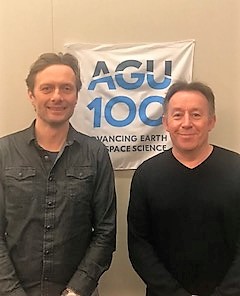
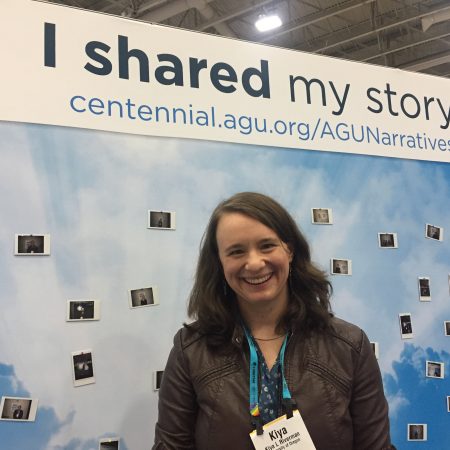
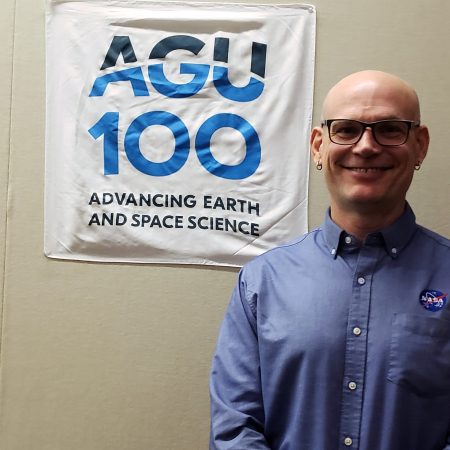
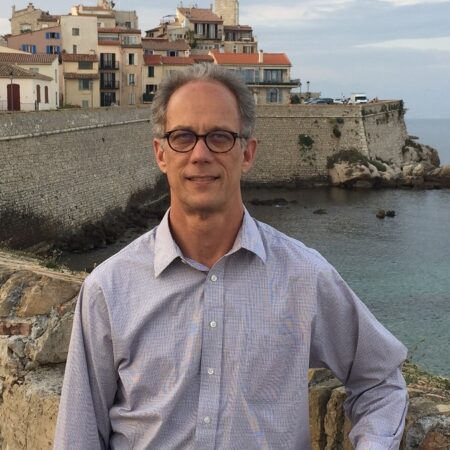
!["The sun is a terrifying and beautiful laboratory of which we know only a little [about]." an interview with Sabrina Savage](https://archive.storycorps.org/uploads/2019/02/20181213_Savage-450x450.jpg)
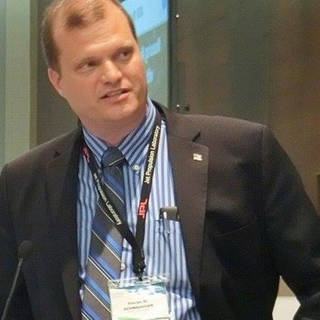
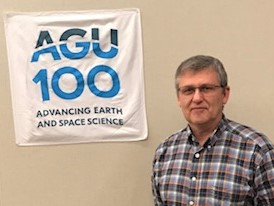
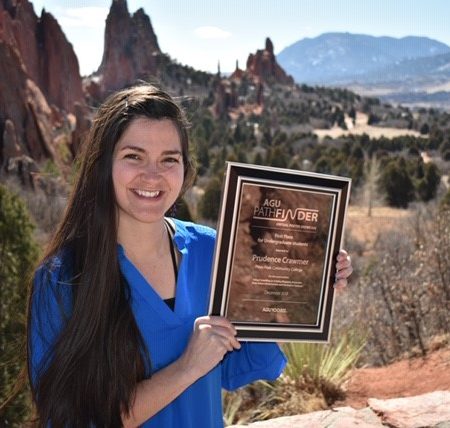
!["We're moving through a period of understanding [other] planets & how they relate to life on Earth." interview with Jim Green by Kim Cartier](https://archive.storycorps.org/uploads/2019/01/181210_Green-450x450.jpg)